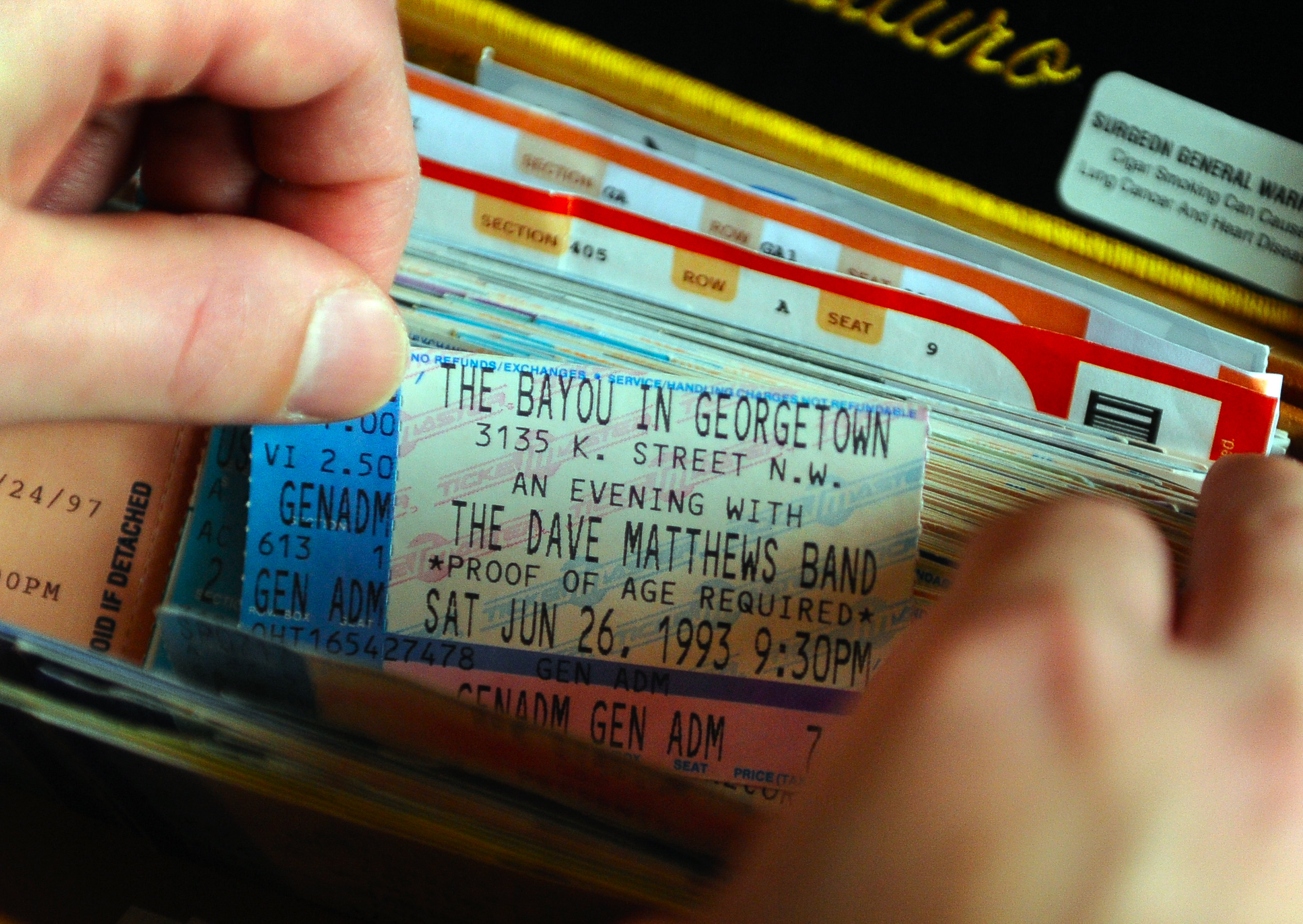Buying concert tickets online has always been a bit of a headache, but it looks like Google is trying to make things more straightforward. This week, the company announced plans to adjust how resellers are ranked in its AdWords algorithm, as well as new rules that ban a number of deceptive sites and require more transparency from sites like StubHub and Viagogo.
According to Billboard, ticket resellers won’t be able to “imply or lead customers to think their site is the primary point of sale for tickets.” Scalpers have been known to buy deceptive web domains and aided by their strategic placement on Google, trick unsuspecting consumers into malicious or fraudulent transactions.
Resell sites are also expected to provide the total cost for tickets before requiring payment information. Fees, taxes, and other nominal charges must be disclosed up-front before users provide personal information that in some cases could be taken and processed without their consent. Resellers must now submit an application to Google that shows their compliance with these rules, which according to Billboard, will take around a week to certify.
“This updated policy is a result of our own research,” Google Senior Director for Trust and Safety David Graff shared with Billboard. “We remain dedicated to ensuring that the ads our users see are helpful, relevant and trustworthy.”





